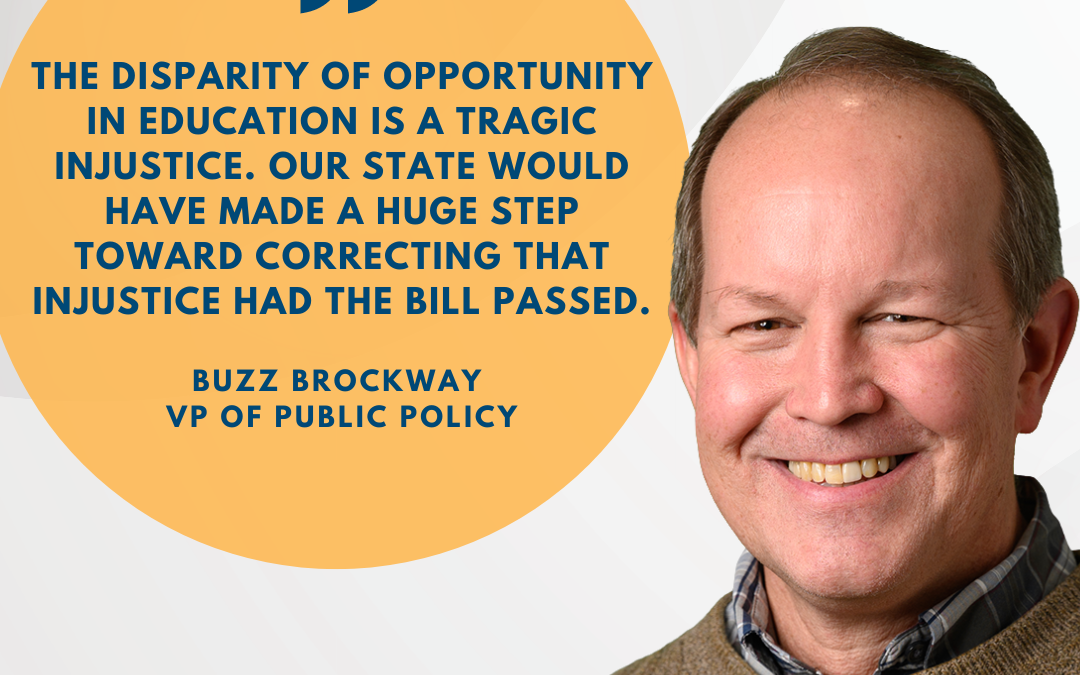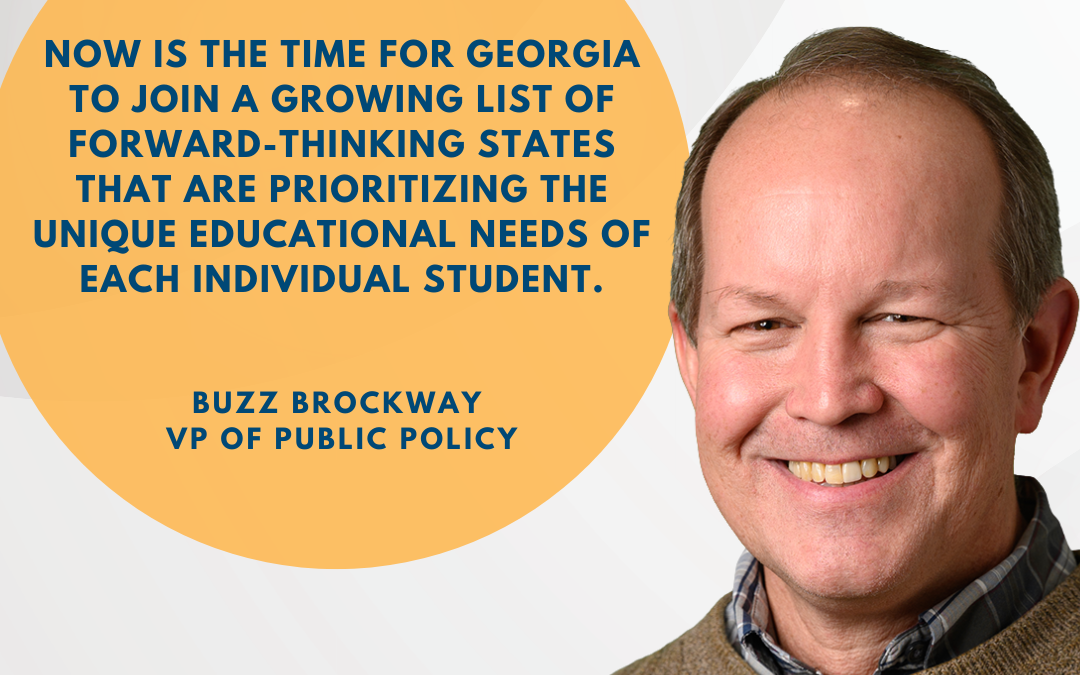Curious about our projects. progress, and achievements over the past year? The Georgia Center for Opportunity 2022 Annual Report is now available online. This year-in-review consolidates the most crucial information about where we’ve been and where we’re headed, all in one place.
We’re incredibly proud of the strides we’ve made for Georgia families in 2022. The GCO team stepped into 2022 on the other side of the COVID-19 pandemic, ready to lead the charge toward helping our neighbors thrive in education, work, and at home. In today’s climate, the need to alleviate suffering in our communities has never been more urgent.
Here at GCO, we believe that change at the community level is the most important of all. While state and federal policies can drive positive results, nothing is as personally impactful as change close to home. When our friends, families, and neighbors build better lives for themselves, those stories don’t just impact the individuals involved. They reverberate into the greater community.
Throughout 2022, we remained laser focused on local change. Here’s how we made an impact:
- We supported 715 families across the state.
- Our team hosted 13 workshops and trainings, with 234 in-person attendees and 266 virtual attendees.
- Through the BETTER WORK program, we continued to help Georgia’s most vulnerable individuals find self-supporting, meaningful work.
- Our Gwinnett County and Columbus BETTER WORK chapters expanded to 400 new job-seekers, 95 workplace partners, and 42 mentors.
- GCO added Missouri and Utah to the BenefitsCliffs.org program, fueling our ongoing goal to encourage employment by overhauling the social safety net—bringing the overall initiative to 12 states (one-third of the nation’s population).
- Our team successfully advocated for a bill during the Georgia General Assembly’s 2022 session that expands the state’s tuition tax credit scholarship by $20 million—giving over 4,000 additional students access to the program.
- We attracted over 500 individuals to be a part of our relationship enrichment program, offering the classes across seven nonprofit partner agencies and seven schools.
- Through assessments administered by the University of Georgia, we showed that our programs improve behaviors, attitudes, and knowledge, which are all top indicators of future relational wellbeing.
- GCO’s Promise Scholarship campaign drove 1,050 messages and 7,573 calls to lawmakers across 10 districts.
In addition to our impact, we garnered some notable achievements:
- Randy Hicks, GCO president and CEO, was named the 2022 recipient of State Policy Network’s Thomas A. Roe Award.
- The GCO team received the State Policy Network’s Bob Williams Award for Outstanding Policy Achievement.
- GCO was included in Atlas Network’s “Top 10 to Watch in 2022”












